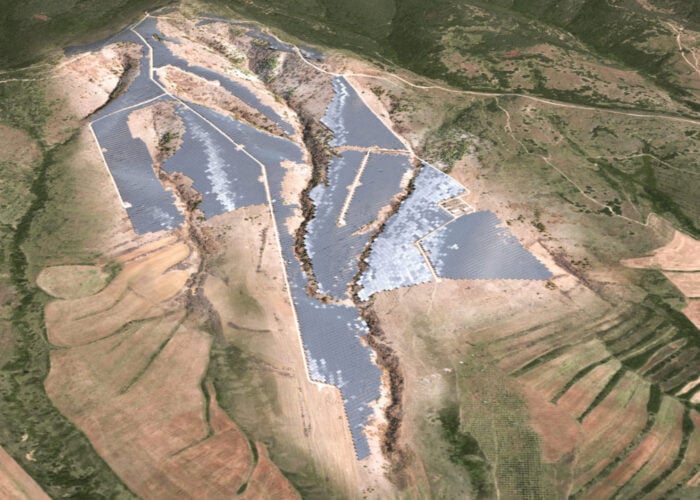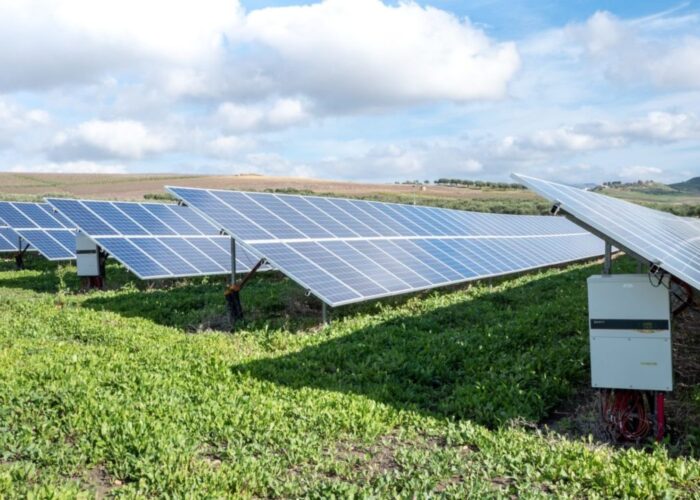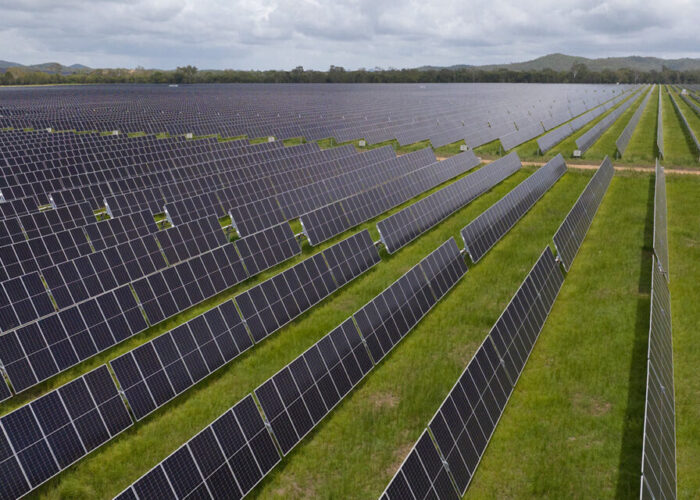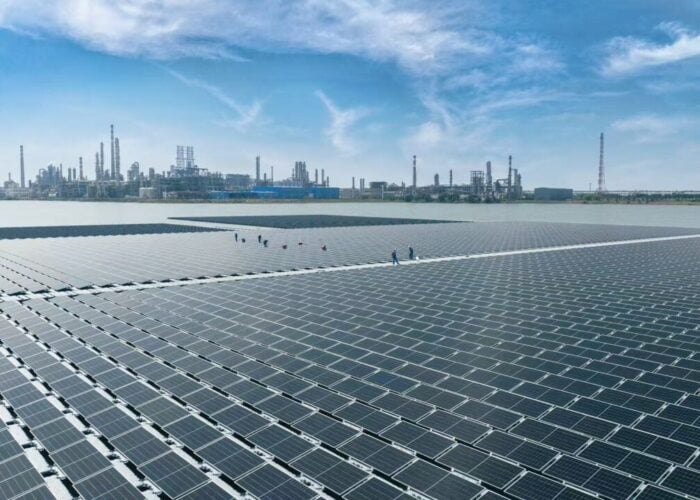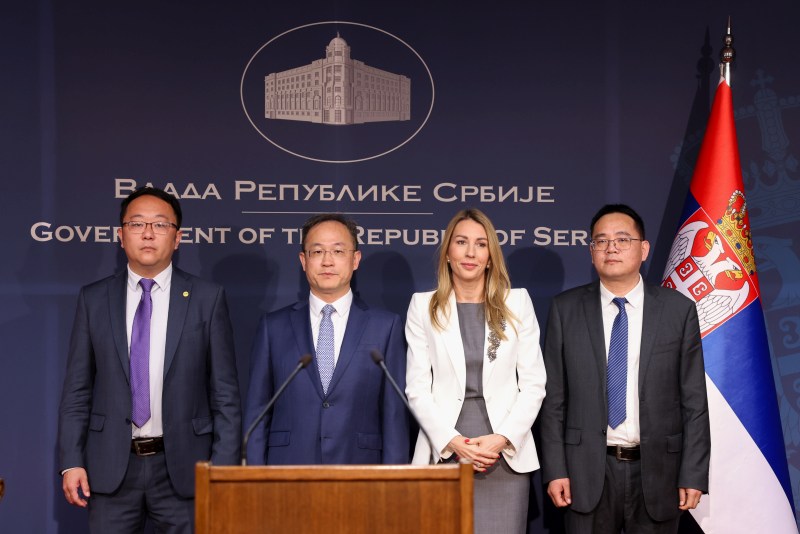
The government of Serbia has signed a memorandum of understanding (MOU) with Chinese firm Hunan Rich Photovoltaic Science and Technology to build a 1GW solar module production facility in Serbia.
Serbian minister of mining and energy, Dubravka Đedović Handanović, signed the deal last week, which will see the Chinese company invest €30 million (US 32 million) over three years to establish the plant. The site will be in the central Serbian town of Paraćin.
Unlock unlimited access for 12 whole months of distinctive global analysis
Photovoltaics International is now included.
- Regular insight and analysis of the industry’s biggest developments
- In-depth interviews with the industry’s leading figures
- Unlimited digital access to the PV Tech Power journal catalogue
- Unlimited digital access to the Photovoltaics International journal catalogue
- Access to more than 1,000 technical papers
- Discounts on Solar Media’s portfolio of events, in-person and virtual
Hunan Rich will invest a further €280 million (US$301 million) to build a 200MW solar PV project in Serbia, the location of which was not disclosed.
Handanović said that she wants Serbia to become a “significant actor” in solar module and hydrogen production.
On the same day, the government also signed a framework agreement with the China Energy International Group to build a plant to process oil and oil derivatives in the northern city of Smederevo.
The two deals were signed on the back of Chinese president Xi Jinping’s visit to Serbia on his recent tour of Europe.
European-based solar manufacturing companies have been struggling on the continent of late. German module manufacturer Solarwatt announced the closure of its Dresden production line last month, following the departure of Swiss manufacturer Meyer Burger, in favour of building a new factory in the US.
The EU approved the Net Zero Industry Act (NZIA) in April, which is designed to support clean energy manufacturing and industries in Europe. However, some of the real-world impacts of the policy have yet to take effect.


